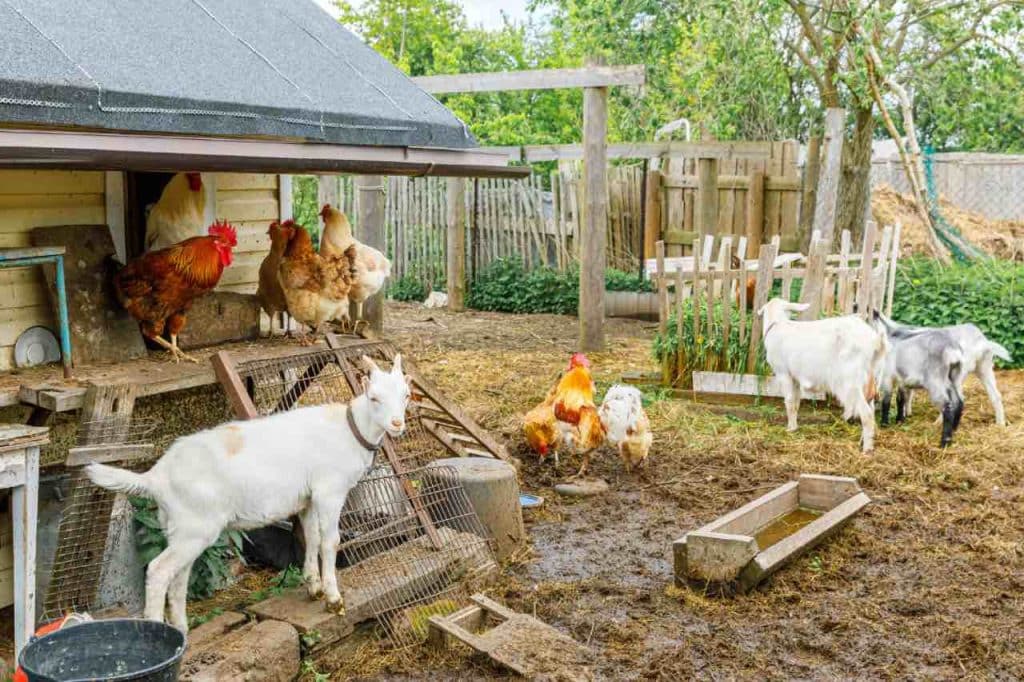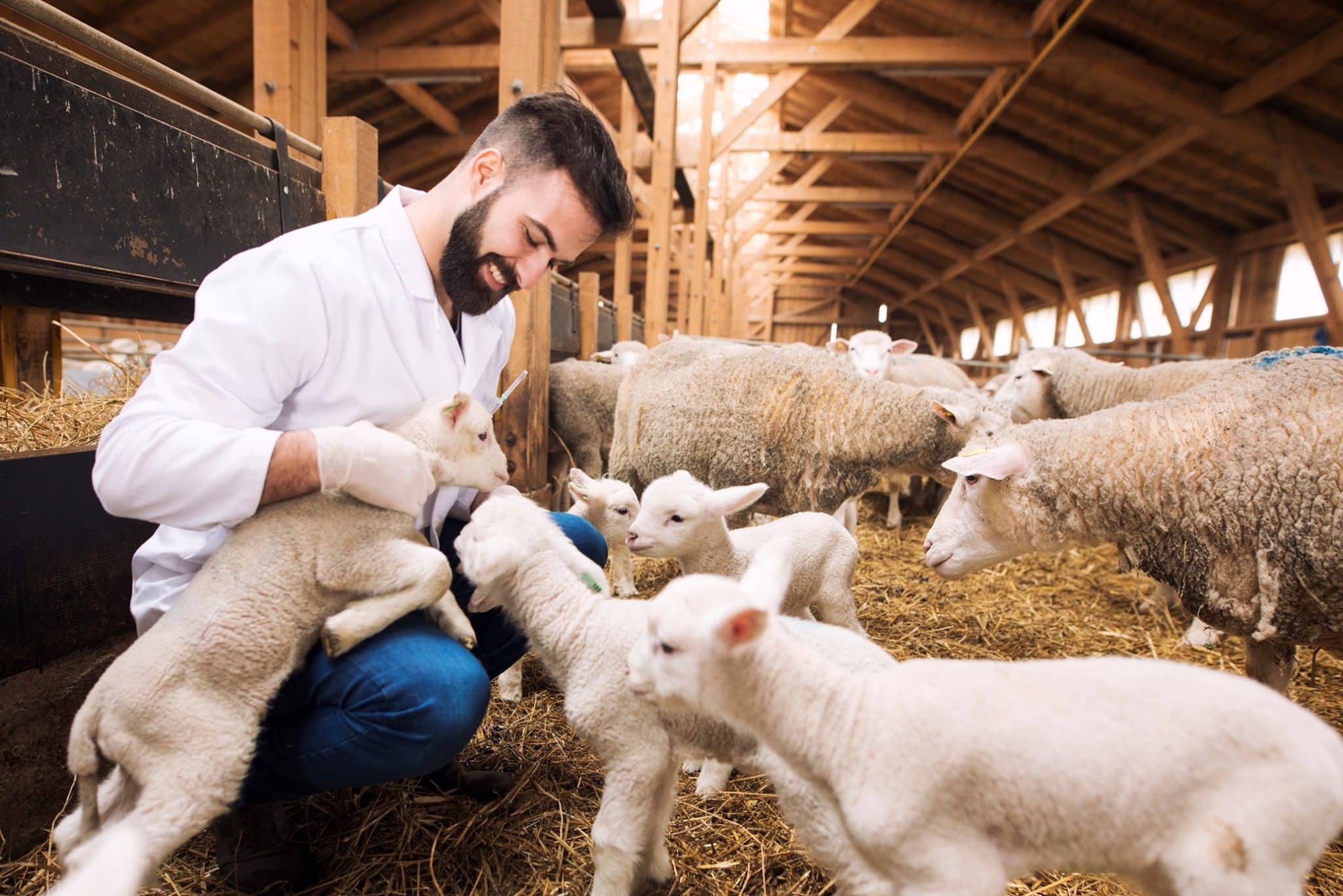Q Fever: A Global Disease with a Distinct Australian Connection
Q Fever is a zoonotic disease found globally, primarily transmitted through airborne particles. Cattle, sheep, and goats are the most common reservoirs of the bacteria responsible for this infection. The disease typically presents with flu-like symptoms, which can range from mild to severe.
Although a global disease, Q Fever has a unique connection to Australia, where it was first identified prior to World War II. The term “Q Fever” derives from the word “query,” reflecting initial uncertainty about its cause. Since the late 20th century, an effective vaccine has been available to prevent the disease, which is exclusively regulated and approved for use within Australia. Since the introduction of this vaccine, there has been a significant reduction in the incidence of Q Fever across the country. Due to its strong association with the cattle industry, Q Fever vaccination is widely mandated for those working in this sector. It is also available and recommended for patients living in and travelling to rural areas who wish to be proactive in protecting themselves from this air-bourne infection.
Vaccination Protocol and Precautions
While the Q Fever vaccine is highly effective, it is important to note that there are specific precautions associated with its administration. Individuals who have previously had Q Fever or been vaccinated may experience severe side effects, which is why it is critical that Q Fever vaccinations be administered by trained professionals with expertise in screening and vaccination.
The vaccination process consists of a two-stage protocol spread over two days, with one week between stages. On Day 1, a doctor will explain the Q Fever vaccination process and perform both a blood test and a skin test. For the skin test, a small amount of a diluted test solution is injected into the skin. On Day 7, the doctor will evaluate the skin test results in conjunction with the blood test. Accurate interpretation of the skin test requires experience, as determining a reaction can be challenging. If deemed safe, the Q Fever vaccine will be administered on the same day as the skin test reading. It is essential that individuals undergo both days of the vaccination protocol to ensure its safe administration. Delays or missing the second stage can affect re-screening in the future, which could lead to failure to protect against this disease.
Recent Developments in Q Fever Record-Keeping
In 2024, a significant change occurred with the announcement that the Q Fever register would be closing. As a result, Q Fever vaccination records can now be recorded into the national Australian Immunisation Register (AIR). This consolidation allows patients to access all their immunisation records in one place. While records are not automatically transferred, individuals can request their General Practitioner (GP) to upload their previous Q Fever vaccination details onto the AIR, provided there is supporting documentation.
Q Fever Services at Medsana
Dr Alexander Ling at Medsana is available to conduct Q Fever screening and vaccination during select clinic sessions. With extensive experience in Q Fever management through his involvement with the University of Queensland’s Q Fever vaccination programs for students at the Schools of Veterinary Science and Animal and Agricultural Sciences, Dr Ling brings a wealth of expertise to the process.


